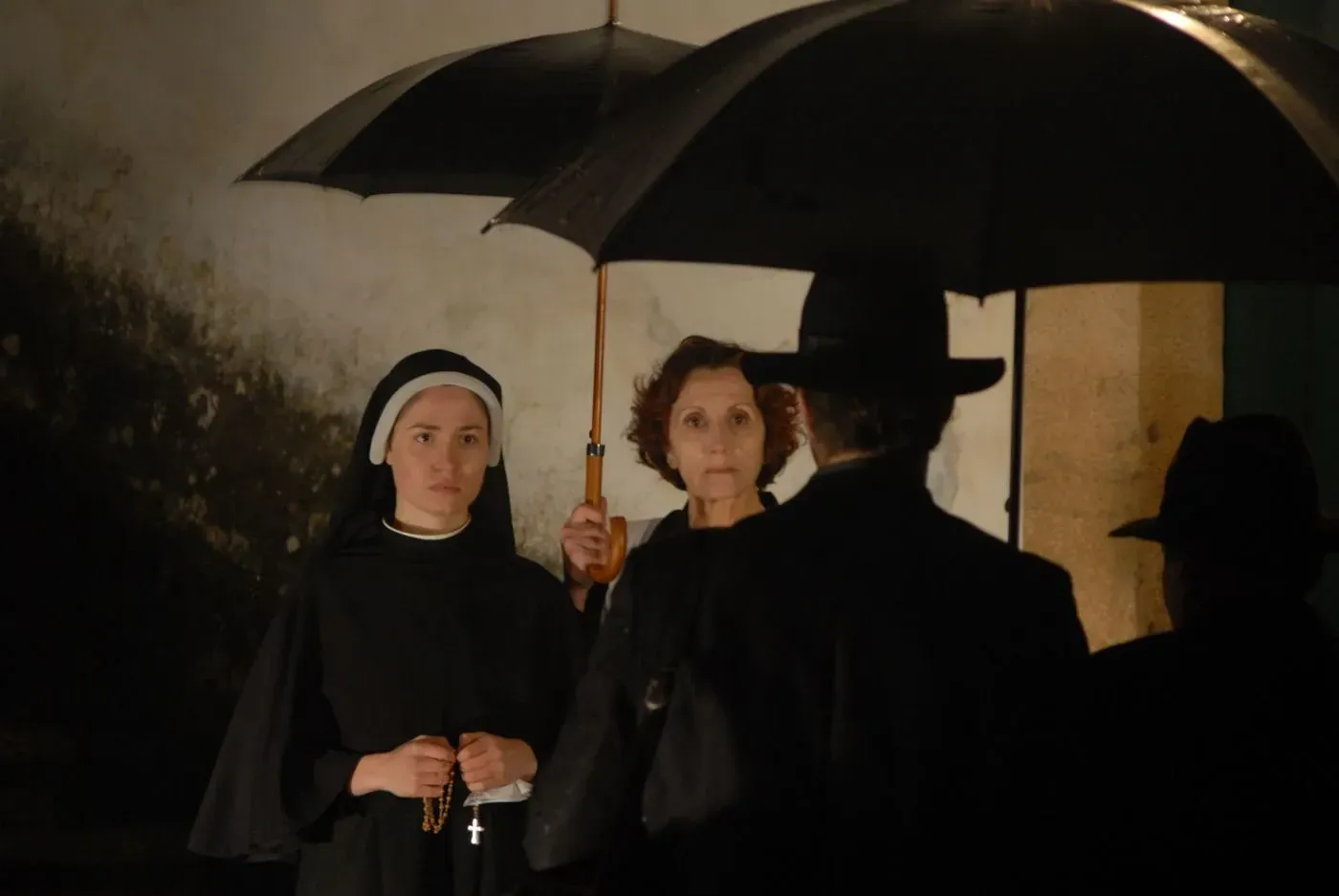Review: The Strange Case of Angelica
Written by

Reviewed By Simon Zhou
The Strange Case of Angelica
dir. Manoel de Oliveira
Reviewed By Simon Zhou
The Strange Case of Angelica
dir. Manoel de Oliveira
The Strange Case of Angelica is the most bafflingly incomprehensible ‘narrative’ film I have ever seen. I was convinced, at the end of the thoroughly trying screening which I attended, that either 101 year old director Manoel de Oliveira had lost his marbles, or I had lost mine.
The Strange Case of Angelica follows Isaac, a young Jewish photographer, who is enigmatically summoned one night to photograph the recently deceased daughter of a wealthy family. While taking the photograph, Angelica seems to come alive, opening her eyes and smiling at him, though he is the only one who notices, and before long, he finds himself obsessed with her, struggling with a feverish madness that can only be attributed to love.
The premise is full of intrigue, and ripe with possibilities for philosophical inquisitions into the nature of matter and the human spirit. Yet I was so distracted by the film-making that none of Oliveira’s potentially profound observations on such subjects were able to register. The acting is distractingly awful, the interchange of dialogue and movement so artificial, clunky and wooden that it was like watching a poor ventriloquist butchering his craft. Frames are static long takes, but seem poorly conceived and aimless, and when Oliveira chooses to cut, it often feels misjudged, and even arbitrary. This is without even mentioning the laughable ‘special effects’ used to visualize Angelica’s ghost; I could not help thinking, during the screening, that even if this were a silent era film (when Oliveira started directing), the craft on display would be judged incompetent. All of it seemed laughably bad, and I kept asking myself if the comedy was intentional, or not.
Having since perused commentary and other reviews on the film, I am assured that all of this – the terrible, declamatory dialogue, the stiff acting, the inexplicable long takes and awkwardly paced staging - the resulting comedy - is intentional. Evidently, it is Oliveira’s ‘style’ (I admit I have not seen any of his other films). It is always an interesting exercise judging a film when one knows certain circumstances about the film-maker; in this case, that he is one hundred and one years old. I confess that while watching the film, the thought frequently crossed my mind that Oliveira had lost his. Even reading the gushing review by Manohla Dargis of the New York Times afterwards, I wondered whether her praise was simply out of deference for his age. Perhaps it would be too cruel to obliterate a film made by a one hundred and one year old man; although, by the same token, to praise a film simply because of the longetivity of a film-maker’s age would seem to be an exercise in condescension.
Despite all my criticisms, I have a strong urge to give Oliveira the benefit of the doubt. It may sound like I found the film irredeemably awful, but this is not the case. Intentional or not, the highly unusual style of the film is perplexing, and holds the attention. Having read an interview Oliveria did for the film, and being consummately impressed with the lucidity of his thoughts, I am sure that he has not lost his marbles. But other than the beautiful Chopin pieces he chose to accompany his film, I remain thoroughly baffled.